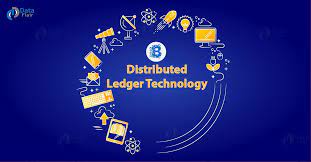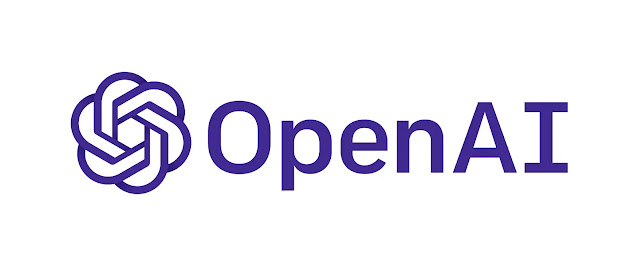CHATGPT: WHAT IS DTL DISTRIBUTED LEDGER TECHNOLOGY
WHAT IS DTL DISTRIBUTED LEDGER TECHNOLOGY
Distributed Ledger Technology (DLT) refers to a type of technology that enables the secure and decentralized recording and sharing of data across a network of computers or nodes. It is a type of distributed database that uses cryptography and consensus algorithms to ensure the integrity, transparency, and immutability of data.
DLT is often used interchangeably with blockchain technology, although blockchain is a specific type of DLT that uses a chain of blocks to record and validate transactions. However, not all DLTs use blockchain as their underlying architecture. Other types of DLTs include directed acyclic graphs (DAGs), hashgraph, and other consensus mechanisms.
The main characteristics of DLT include:
Decentralization: DLT eliminates the need for a central authority or intermediary, as data is stored and verified across multiple nodes in a distributed network. This makes DLT inherently resistant to censorship and tampering, and allows for trust and transparency without relying on a single point of control.
Consensus: DLT uses consensus algorithms to agree on the state of the ledger and validate transactions. Consensus mechanisms ensure that all participants in the network agree on the order and validity of transactions, providing a secure and reliable way to reach agreement among distributed nodes.
Security: DLT uses cryptographic techniques to secure data, ensuring that it cannot be tampered with or altered once it is recorded on the ledger. This helps to prevent fraud, unauthorized access, and data manipulation.
Transparency and auditability: DLT provides transparency and auditability, as all participants in the network can view and verify transactions. Once data is recorded on the ledger, it is typically immutable, meaning it cannot be altered or deleted, providing a permanent and auditable record of transactions.
Efficiency and scalability: DLT can potentially increase efficiency and scalability by removing the need for intermediaries, reducing transaction costs, and allowing for faster and more streamlined processes.
DLT has applications in various industries, including finance, supply chain management, healthcare, real estate, digital identity, and more. It has the potential to disrupt traditional business models, create new opportunities for innovation, and transform how data is managed and shared in a decentralized and secure manner.




Comments
Post a Comment